The construction industry is undergoing a radical transformation, with technology at the helm. For businesses aiming to stay competitive and improve efficiency, adapting to this tech-driven environment is non-negotiable.
Here, we delve into the world of “Tech-Savvy Construction” and the tools and practices that can elevate your home building business in 2025. Make sure to check out our personal recommendation for a homebuilding software!
The Digital Blueprint
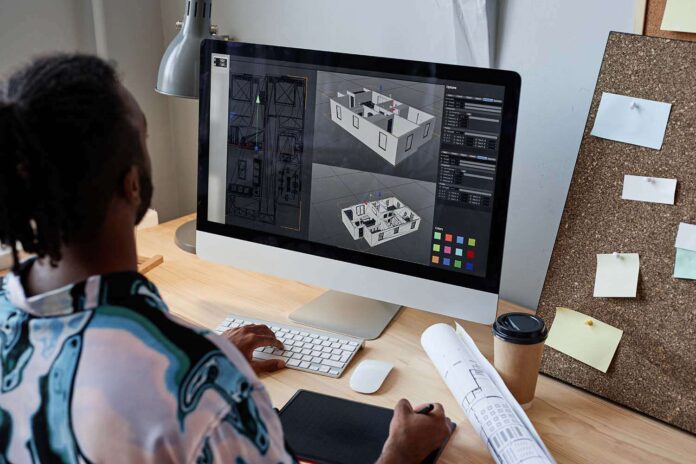
Modern construction starts long before the first brick is laid. Digital design and modeling tools, such as Building Information Modeling (BIM), are redefining the pre-construction phase. BIM goes beyond traditional blueprints by offering three-dimensional, real-time, and interactive models of a project.
Benefits:
- Accuracy and Precision: Reduce errors and rework costs.
- Collaboration: Teams can work synchronously, regardless of location.
- Visualization: Clients can view the end-product before construction begins.
Robotics and Automation
Robots are no longer restricted to sci-fi. In construction, they’re making headway in roles ranging from bricklaying to site surveying.
Spotlight:
- Drones: Quick aerial views of sites, topographical mapping, and progress tracking.
- 3D Printers: Especially for custom components, resulting in less waste and enhanced precision.
Wearable Tech
Safety is paramount in construction. Wearable tech, like smart helmets and vests, is integrating safety with functionality.
Highlights:
- Smart Helmets: With Augmented Reality (AR) capabilities, these provide real-time data, blueprints, and safety alerts.
- Exoskeletons for Workers: Reducing fatigue and preventing injuries, they offer ergonomic support.
Green Construction
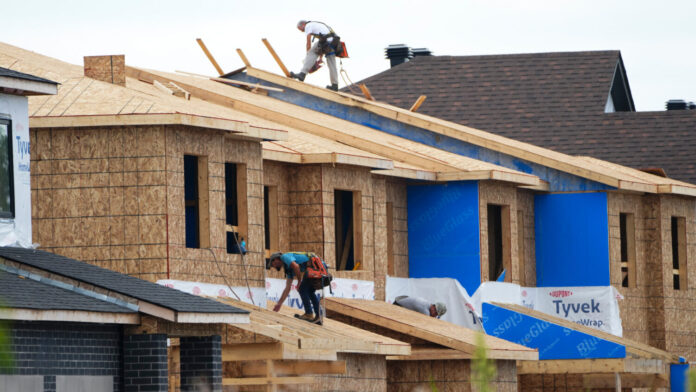
Eco-friendly construction isn’t just a trend—it’s a responsibility. Leveraging technology can lead to sustainable practices and materials.
Key Tools:
- Solar Glass: Windows that generate electricity.
- Prefabricated Modules: Reducing on-site waste and energy.
Digital Project Management
Coordinating between various teams and stakeholders is smoother with the advent of comprehensive digital management platforms.
Notable Platforms:
- Procore and PlanGrid: Offering real-time updates, budget tracking, and collaboration tools.
Virtual Reality (VR) and Augmented Reality (AR)
VR and AR are transforming client presentations and on-site work.
Applications:
- Virtual Walkthroughs: Clients can experience spaces before they’re built.
- On-Site Overlays: Workers can view digital blueprints overlaid on actual construction sites for guidance.
7. IoT and Smart Homes
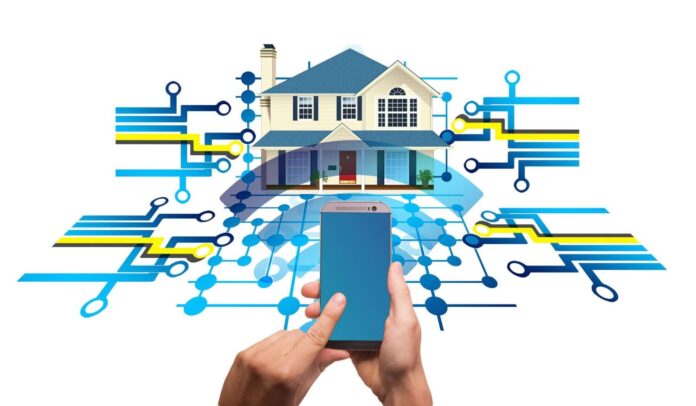
The Internet of Things (IoT) is making residences smarter, leading to higher client expectations.
Smart Integrations:
- Automated Lighting, Heating, and Security Systems: Interconnected for optimal efficiency and safety.
Advanced Materials
Material science has advanced in leaps and bounds, offering more durable, efficient, and sustainable options.
Examples:
- Self-Healing Concrete: Reduces maintenance costs.
- Aerogels: Super-insulating materials for temperature regulation.
Mobile Applications
Customized mobile apps facilitate better communication between teams, offer training modules, and provide quick access to manuals and guides.
Benefits:
- On-the-Go Training: Reduces downtime.
- Quick Access: No more hunting for paperwork or manuals.
Data Analytics and AI
Harnessing the power of data analytics and artificial intelligence can result in better decision-making and predictive capabilities.
Potential Uses:
- Predictive Maintenance: AI can predict when equipment will fail.
- Trend Analysis: Recognize market shifts before they become obvious.
Modern Training Techniques
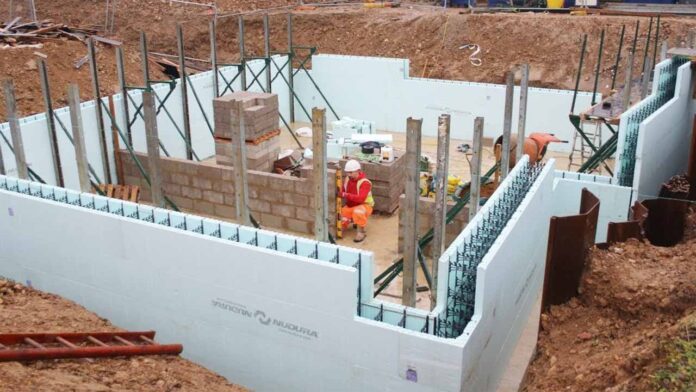
Ensuring your team is well-equipped to handle new tech is crucial. Modern training tools like e-learning platforms and VR-based simulations make the learning process engaging and efficient.
Cloud Computing and Storage
Storing data is as crucial as generating it. Traditional methods of storage are now seen as archaic, with cloud computing taking the lead.
Benefits:
- Accessibility: Access data from anywhere, facilitating remote work and quick decision-making.
- Security: Advanced encryption methods and redundancy reduce the risk of data loss.
Fleet Management
With many construction companies operating vast fleets of vehicles and equipment, efficient management is a must.
Top Tools:
- GPS Tracking: Real-time location tracking for efficient dispatching and route planning.
- Maintenance Alerts: Automated alerts for scheduled maintenance or repairs, reducing downtime.
Smart Water Management
Water is a valuable resource, and its efficient use in construction sites is becoming vital.
Innovations:
- Smart Sensors: Monitor water usage in real-time, flagging leaks or wastage.
- Recycling Systems: Reuse water on-site, reducing consumption and costs.
Communication Enhancements
Rapid and effective communication is the backbone of any successful construction project.
Leading Solutions:
- Unified Communication Platforms: Integrate chats, video calls, and document sharing.
- Augmented Reality-based Communication: Discuss and visualize aspects of the project in real-time.
Energy Efficiency

As energy costs rise and sustainability becomes more important, technologies focused on energy efficiency are paramount.
Key Technologies:
- Thermal Imaging: Detect energy leaks or insulation inefficiencies.
- Smart Grids: On-site power distribution, optimizing energy use.
AI-driven Site Surveys
Before a project kicks off, understanding the lay of the land is vital. Artificial Intelligence aids in automating this process.
Features:
- Topographical Analysis: Automated, detailed, and accurate.
- Risk Assessment: Highlighting potential pitfalls or challenges of a site.
Offsite and Modular Construction
More construction elements are being prefabricated offsite and then transported to the primary construction site.
Advantages:
- Speed: Faster production and reduced on-site assembly time.
- Quality: Controlled environments lead to higher quality outputs.
Digital Twins
A digital twin is a virtual representation of a physical building. It can simulate the building’s performance, helping in monitoring and maintenance.
Benefits:
- Predictive Analysis: Understand how different elements of a building will perform over time.
- Resource Optimization: Adjust systems for optimal energy and resource usage.
Cybersecurity in Construction
With the integration of various tech tools, securing data and ensuring the privacy of operations becomes critical.
Key Measures:
- End-to-End Encryption: Ensuring data integrity and privacy.
- Regular Audits: To detect vulnerabilities and rectify them promptly.
Embracing the Future
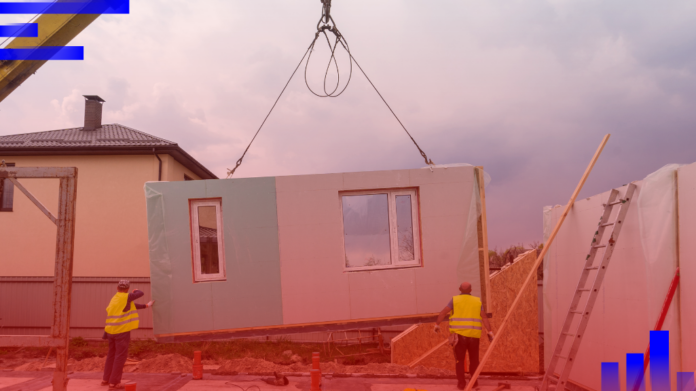
To remain relevant and competitive in 2025 and beyond, home builders must evolve alongside technological advancements. By integrating these innovations, businesses not only enhance operational efficiency but also offer superior value to their clients.
While the prospect of integrating all these technologies might seem daunting, it’s a journey worth embarking upon. With a tech-savvy approach, construction businesses can lay the foundation for a brighter, more efficient, and sustainable future.
The pace of technological advancements in the construction industry is swift, but adopting them steadily and strategically will be the key to success. Embracing these innovations not only enhances operational aspects but also addresses environmental concerns and customer expectations. By staying ahead of the curve, businesses can ensure they remain industry leaders, setting benchmarks in quality, efficiency, and innovation.









